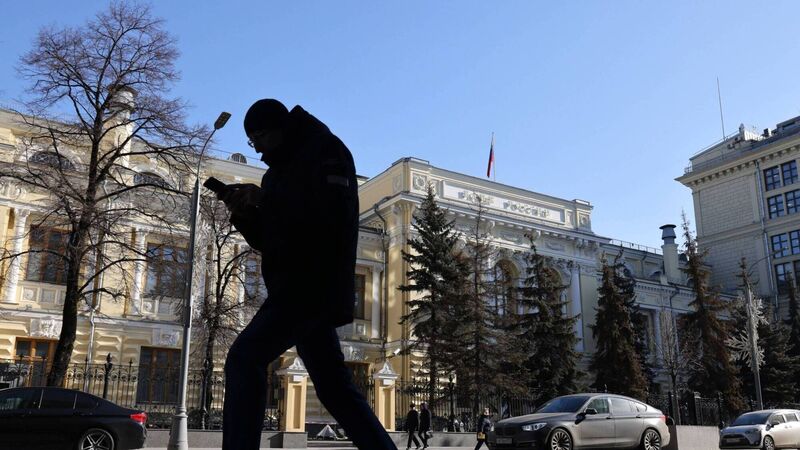Russia defaults on foreign debt for first time since 1918

Russia has pushed back against the default designation, saying it has the funds to cover any bills and has been forced into non-payment.
Russia defaulted on its foreign-currency sovereign debt for the first time in a century, the culmination of ever-tougher Western sanctions that shut down payment routes to overseas creditors.
For months, the country found paths around the penalties imposed after the Kremlin’s invasion of Ukraine. But at the end of the day on Sunday, the grace period on about $100m (€94.7m) of snared interest payments due May 27 expired, a deadline considered an event of default if missed.











